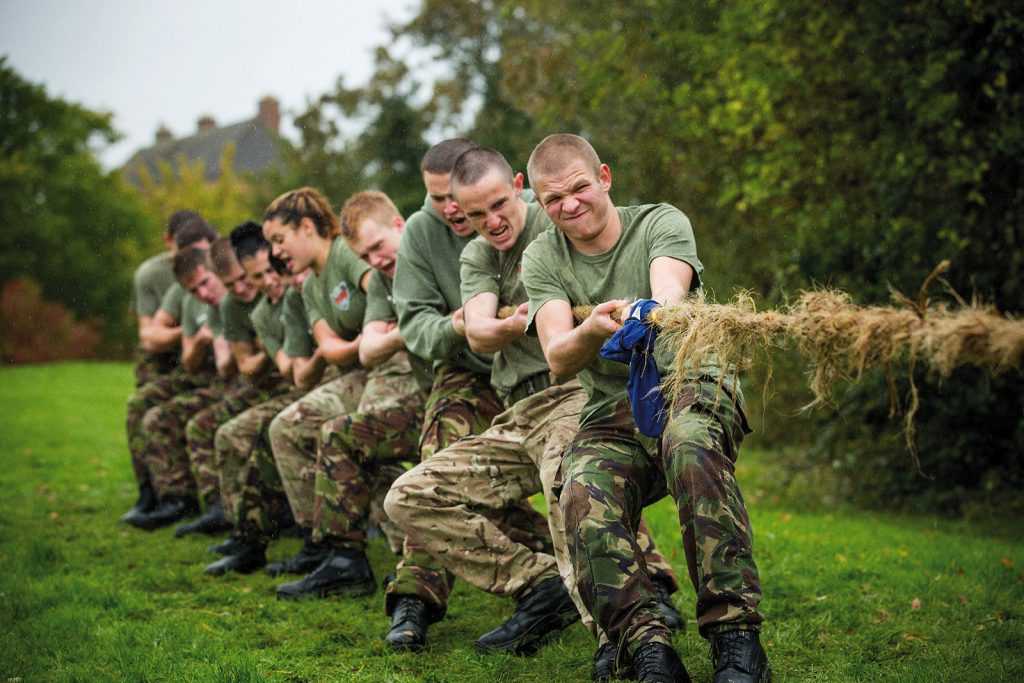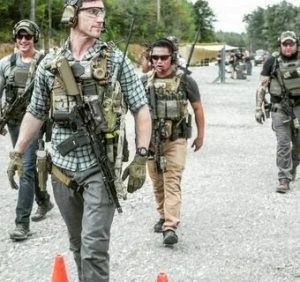In national defense and security, the effectiveness of military forces hinges on the caliber of their training. An military training course is a pot where raw recruits are transformed into disciplined and skilled warriors. This pivotal aspect of military preparation goes beyond physical strength, delving into strategy, leadership, and adaptability. In this blog, we will explore the dynamics of training courses. Further, highlighting their critical role in shaping the best forces and stimulating national security.
The Basics of Military Training Course
Military courses begin with a rigorous focus on the fundamentals. Secondly, recruits undergo immersion in a complex curriculum that includes physical fitness, marksmanship, and basic tactical maneuvers. This phase instills discipline, fosters teamwork, and forges a sense of camaraderie among trainees. Basic training is the cornerstone, laying the groundwork for the more advanced and specialized training modules.
Specialized Skill Development
Once the foundational aspects are solidified, military training subjects turn into specialized skill development. These modules are tailored to each branch’s specific roles and responsibilities – infantry, artillery, aviation, or special forces. Advanced marksmanship, survival skills, and mission-specific tactics become the focal points. The emphasis on mastering specialized skills equips military personnel to navigate complex and unpredictable scenarios precisely and efficiently.
Leadership Dynamics
A key hallmark of a military training course is the implementation of leadership skills. The training vessel identifies and improves individuals with the potential for leadership roles. The training framework ensures that every member is ready to take charge when the situation demands. Thus, covering everything from small unit leadership to strategic decision-making. Instilling effective communication, making decisions under pressure, and fostering strategic thinking lay the groundwork for future commanders capable of leading with authority and adaptability.
Adaptive Training
Designers tailor armed training courses to adapt to the ever-changing landscape of global security threats. Flexibility is a key attribute communicated during training. Hence, allowing military personnel to respond adeptly to evolving challenges. Simulated exercises and real-world scenarios challenge trainees to think on their feet, making a mindset that thrives in uncertainty. This adaptability crucially relies on ensuring that the armed forces remain at the forefront of innovation. Moreover, it prepares to counter emerging threats effectively.
Ethical and Legal Dimensions
Military training courses focus on the physical and tactical aspects and instill a strong sense of ethics and legality. Trainers educate trainees on the rules of engagement, the principles of just warfare, and the importance of respecting human rights. This ensures that military personnel operate within the bounds of international law and uphold the values of justice and integrity. Besides this, the ethical dimension of training is integral in preserving the moral high ground that distinguishes professional armed forces.
Technological Integration: The Modern Battlefield
In the 21st century, military training subjects have integrated cutting-edge technologies to prepare personnel for the modern battlefield. Trainees experience the latest advancements in military technology, from virtual reality simulations to drone operations. This ensures that the armed forces not only maintain physical preparedness but also cultivate technological savviness. Hence, positioning them to drive innovation for strategic advantage.
Conclusion
In conclusion, we cannot overstate the importance of a military training course. Secondly, they are the backbone of a nation’s defense, shaping individuals into formidable assets ready to safeguard against any threat. As we appreciate the intricacies of these training programs, it becomes clear that the investment in refining the skills and character of military personnel is paramount for national security. Further, military courses are not just about preparing for the known; they are about building resilience for the unknown, ensuring that our armed forces are always one step ahead in the dynamic landscape of global security. For more information on our services or courses, get in touch with us today.












